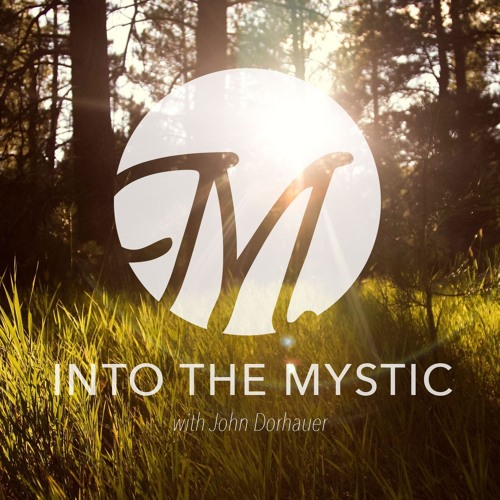He is risen
Listen to the podcast
Read the transcript
He is risen indeed.
Words much like these were used by the very earliest communities of disciples when they gathered for their Easter celebrations. It was a simple, profound, and fundamental credal statement. It was the lynchpin of their faith, that foundation upon which all else would be built.
Christ is risen.
It is, you will note, not a past tense statement asserting an historical account of something that happened in the past.
It is instead a statement of current condition.
Christ is. He lives though he died. And the primary condition of his ‘isness’ that we celebrate is the fact that he is risen. This is quite different from saying he rose – again, a past tense statement denoting an action that completed long ago. He is now among us and alive in a state of risen-ness – and it is that which we are celebrating.
This notion, this belief, this faith-filled proclamation is what grounds the hope of every Christian. We can talk about sin and we can talk about suffering and we can talk about trials and sorrows and tribulations and trauma – and they are all real and they are all powerful and they all take their toll on our spiritual well-being. But what causes all of us to tremble to the core is the void that comes from dying – and the notion that if and when it happens before a life’s purpose is complete or before all the joy we can wring out of this moral coil is exhausted, then we have no hope and all seems meaningless and empty.
But Christ is risen.
His being not a dead man remembered but a risen spirit experienced suggests to us that God’s power to redeem is greater that death’s power to defeat.
Therefore, every Easter for as long as we can remember, we look at each other and repeat our most essential creed: He is risen. He is risen, indeed.
Power that engenders fear wants uses our fundamental fear of death to subjugate our will and rob us of our joy. That is the empire Christ came to dismantle. By centering love, and showing us that love conquers all, including death, he called us to be disciples with one simple task: tell the good news of God’s redeeming and transformative love to all the ends of the Earth.
That love would or could replace fear as the over-riding emotion left those who brokered their power over others with fear with but one option: kill him. Crucify him. And they did, because a.) they knew they could and b.) they knew it would instill fear and engender complacent obedience from the masses.
But the Christ they crucified is not dead: he is risen.
Therefore we fear not the power of a foe who imagines that the fear they seek to rattle us with will secure our blind obedience. Our spirits are free to engage the power of love over fear because Christ is risen – he is risen indeed!
This Easter, we face full on the ravages of death: war and pandemic and threat of climate disasters and mass shootings and so much more seek to erode our confidence in the power of love to conquer all.
But we face it all with not just equanimity, but with the conviction that all shall be well; and all shall be well; and all manner of thing shall be well on this, our journey Into the Mystic.
Related News
Bodily Autonomy Means Every-BODY
Advocacy and Action for Women's and Gender Justice Local events stir thoughts and...
Read MoreAn ally experiences PRIDE in the CLE
Advocacy and Action for Women's and Gender Justice Local events stir thoughts and...
Read MoreUCC Releases Menstrual Health Toolkit
Advocacy and Action for Menstrual Health and Justice Work with partners Church World Service...
Read More
